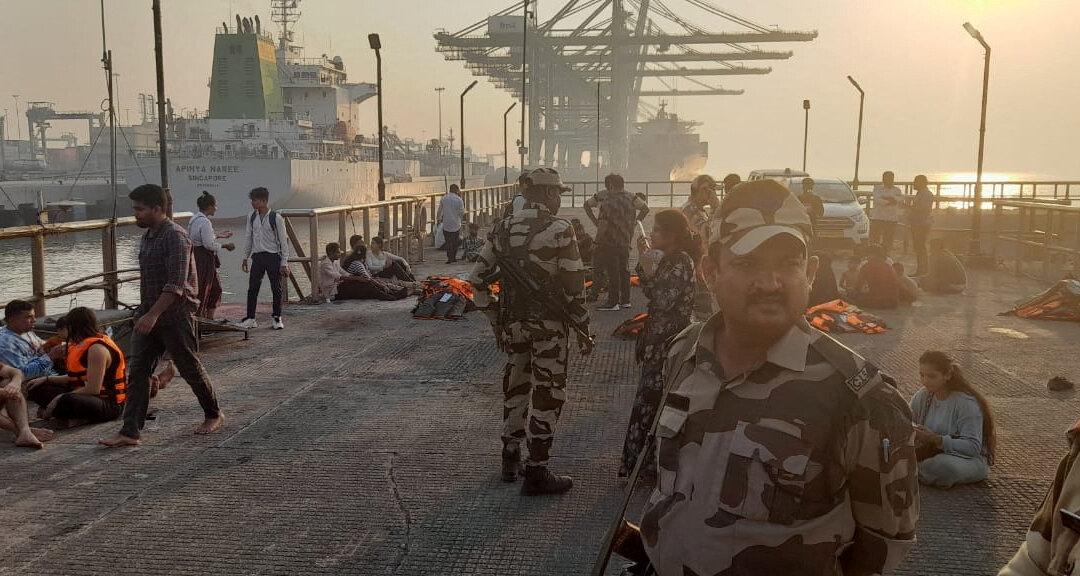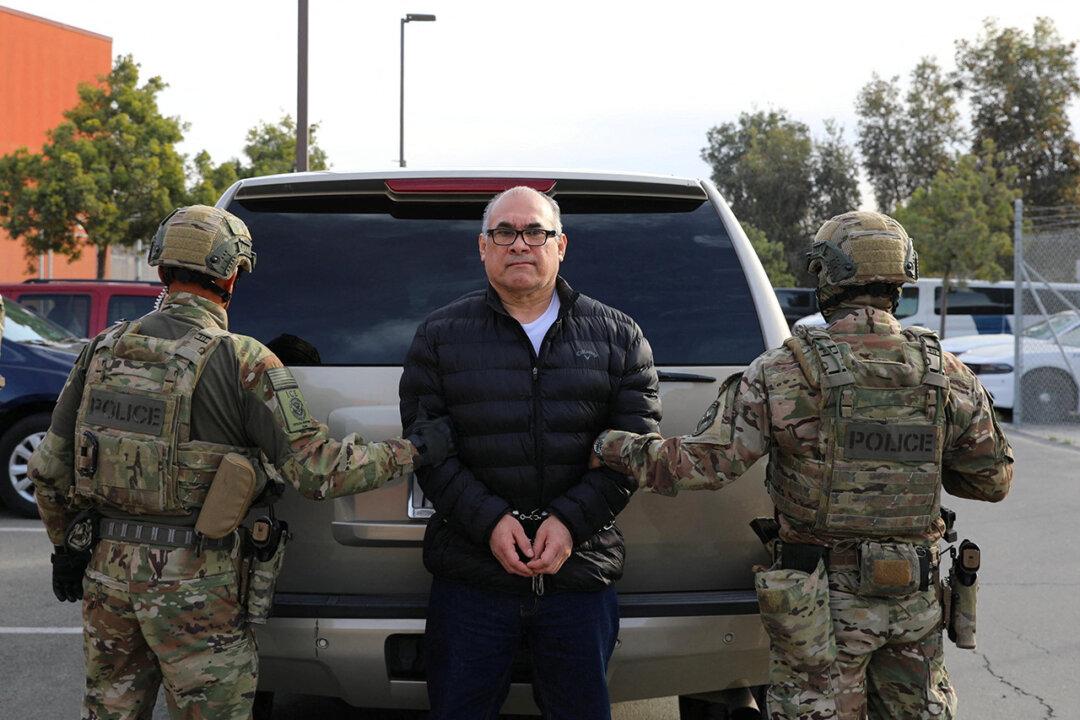HONG KONG—Hong Kong’s government is facing growing pressure from business lobby groups to open borders or risk losing executives and investments as it shows no sign of easing one of the world’s strictest quarantine programs.
Working on billion-dollar deals while locked in hotel rooms for three weeks is becoming common for bankers in Asia’s financial hub even as counterparts in places like London and New York go straight back to their offices after travel.
Hong Kong’s decision in August to increase mandatory hotel quarantine to three weeks for arrivals from most countries has prompted a backlash from banks, hedge funds, and traders who say it is hampering new investment into the asset management market, and risks setting off a brain drain.
Financial services contribute around 20 percent to Hong Kong’s gross domestic product, government statistics show.
City leader Carrie Lam said on Tuesday many people had complained that quarantine policies were “excessively strict” but maintained that restrictions were needed to open up to the Chinese mainland.
“The more you relax on overseas arrivals, the lesser you will have a chance to go into the mainland ... we will try to make our measures more humanistic whenever possible, but to relax altogether the restrictions on arrivals is not a wise move,” she told a weekly press briefing.
“People are thinking, do I want to be in Hong Kong for the next 3 to 5 years, as they see the world opening up,” said Kher Sheng Lee, co-head of the Asia Pacific Alternative Investment Management Association.
Lee said the group had met with the government to discuss the quarantine rules as they were hindering new investors.
Restrictions were prompting expatriate and Chinese staff to return home, said a fund manager who could not be named due to company policy.
“Right now ... it’s just one-way traffic as it’s impossible for anyone to come here.”
Red Line
The Hong Kong government tried to placate the financial sector in May by announcing a scheme to allow listed company executives to be exempt from full quarantine.However, the program requires a detailed itinerary submitted in advance to regulators, and 232 out of 303 applications received up to August 23 were either rejected by the government or withdrawn by applicants, according to official figures sent to Reuters. They did not provide further details.
Hong Kong’s foreign residents account for nearly 10 percent of the city’s total population of 7.5 million.
While many weathered the often-violent 2019 protests and the imposition of the national security law in 2020, stringent COVID-19 regulations have drawn a red line.
“For many people it is the last straw… people are starting to calculate how they can work from abroad and manage things,” Tara Joseph, president of the city’s American Chamber of Commerce told Reuters.
There has been $21.8 billion worth of initial public offerings so far this year in Hong Kong capital markets, versus $9.5 billion at the same time in 2020, Refinitiv data shows.
Officials say Hong Kong’s vaccination rate needs to be much higher before it can relax in a safe manner. Around 60 percent of the population has received one dose but rates for elderly are among the lowest in the world due to worries about vaccine safety.
The city has recorded around 12,000 COVID-19 cases in total and 212 deaths, far lower than other developed cities.
The city’s General Chamber of Commerce told Reuters that the government should re-examine its approach.





